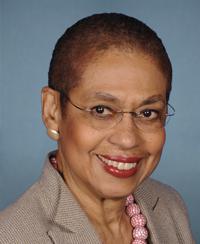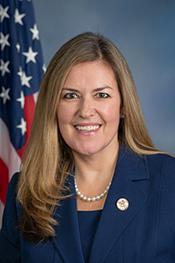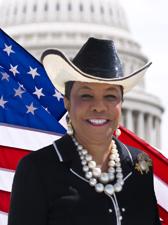0
Washington, D.C. Admission Act
5/11/2023, 3:46 PM
Summary of Bill HR 51
If passed, the Washington, D.C. Admission Act would make Washington, D.C. the 51st state of the United States. The bill proposes to shrink the federal district to a small area encompassing the White House, Capitol, Supreme Court, and other federal buildings, while the rest of the district would become the new state of Washington, Douglass Commonwealth (named after Frederick Douglass).
The bill outlines the process for admitting Washington, D.C. as a state, including the election of two Senators and one Representative to Congress. The new state would also have the authority to levy taxes, establish a local government, and have representation in the Electoral College. Supporters of the Washington, D.C. Admission Act argue that the residents of Washington, D.C. deserve full representation in Congress and the ability to govern themselves as a state. Opponents raise concerns about the constitutionality of granting statehood to the district, as well as the potential political implications of adding a heavily Democratic state to the Union. The bill has garnered support from many Democrats in Congress, but faces opposition from Republicans who argue that the issue of D.C. statehood should be addressed through a constitutional amendment rather than legislation. The fate of the Washington, D.C. Admission Act remains uncertain as it continues to be debated in Congress.
Congressional Summary of HR 51
Washington, D.C. Admission Act
This bill provides for admission into the United States of the state of Washington, Douglass Commonwealth, composed of most of the territory of the District of Columbia. The commonwealth shall be admitted to the Union on an equal footing with the other states.
The Mayor of the District of Columbia shall issue a proclamation for the first elections to Congress of two Senators and one Representative of the commonwealth.
The bill applies current District laws to the commonwealth and continues pending judicial proceedings.
The commonwealth (1) shall consist of all District territory, with specified exclusions for federal buildings and monuments, including the principal federal monuments, the White House, the Capitol Building, the U.S. Supreme Court Building, and the federal executive, legislative, and judicial office buildings located adjacent to the Mall and the Capitol Building; and (2) may not impose taxes on federal property except as Congress permits.
District territory excluded from the commonwealth shall be known as the Capital and shall be the seat of the federal government. The bill maintains the federal government's authority over military lands and specified other property.
The bill provides for expedited consideration of a joint resolution repealing the Twenty-third Amendment to the Constitution, which provides for the appointment of electors of the President and Vice President.
The bill continues certain federal authorities and responsibilities, including regarding employee benefits, agencies, courts, and college tuition assistance, until the commonwealth certifies that it is prepared to take over the authorities and responsibilities.
The bill establishes the Statehood Transition Commission to advise the President, Congress, and District and commonwealth leaders on the transition.




